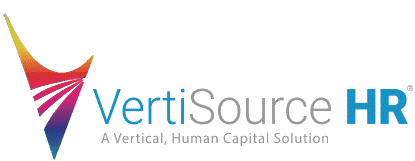NEW UPDATE: August 25, 2025
There is a new federal deduction tied to the FLSA overtime premium for tax years 2025 to 2028. For 2025, paychecks and W-2 layouts do not change based on current federal communications. VertiSource HR is staying up to date on all new information and will provide you with any updates through the HR Pulse newsletter and on this page.
What the Law Covers
- Timeframe: 2025 to 2028
- What Qualifies: the FLSA “half-time” premium on hours over 40 in an FLSA workweek
Caps and income limits apply under federal law
What Stays the Same in 2025
- No change to 2025 W-2 layouts based on current federal communications
- No change to 2025 withholding tables
- Employers can continue current payroll procedures
What VertiSource HR is Watching Next
- Federal instructions on how year-end details will be handled
- Any guidance on documentation standards for 2025 records
- Form updates that may apply beginning with 2026
Our commitment: VertiSource HR’s compliance team is monitoring official releases daily. We are staying up to date on all new information and will provide you with any updates promptly in the HR Pulse newsletter and here on our site.
This overview is general information, not tax advice. Please consult your tax advisor for your situation.
Questions about this update. Contact VertiSource HR


